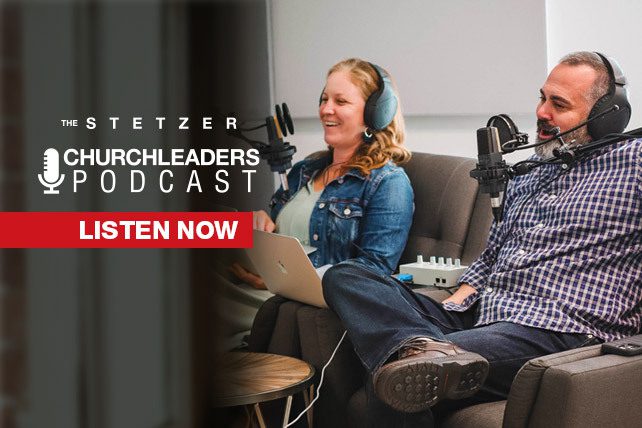Dr. Justin Holcomb is an Episcopal minister and teaches theology at Reformed Theological Seminary and Gordon-Conwell Theological Seminary. He serves on the board of GRACE (Godly Response to Abuse in Christian Environments), as well as on the boards of HeartSupport and Leaders Collective.
Lindsey Holcomb holds a master’s degree in public health with a focus on violence against women. She’s provided crisis intervention to victims of sexual assault and domestic violence. Lindsey‘s also worked as a case manager at a sexual assault crisis center and domestic violence shelter. And she now works at Samaritan Village, an anti-trafficking organization in Florida.
Justin and Lindsey are the authors of several books, including, “God Made All of Me: A Book to Help Children Protect Their Bodies” and “Rid of My Disgrace: Hope and Healing for Sexual Assualt Victims.”
Other Ways to Listen to This Podcast With Justin and Lindsey Holcomb
► Listen on Apple
► Listen on Spotify
► Listen on Stitcher
► Listen on YouTube
Key Questions for Justin and Lindsey Holcomb
-What are the consequences of abuse in the lives of individuals?
-Can you help believers think through the necessity of 1) grace, the Bible and the believing community, but also 2) the role of licensed professionals?
-How should pastors respond when people indicate they’ve been abused?
-What does it mean to be trauma-informed?
Key Quotes From Justin Holcomb
“The effects of abuse strike people physically, emotionally, psychologically, socially and spiritually. So it’s a comprehensive type of harm. And how the effects play out are going to be different for every single person. But it’s the comprehensive picture that’s so clear. The key word for any type of abuse—sexual abuse, domestic abuse, those are the two key that most people hone in on—is that it’s traumatic.”
“Pastors, look into the congregation and divide by four and that’s how many people have a direct response of abuse. And then everyone else there is connected to them. Everyone knows someone who suffered abuse.”
“The church has done a bad job at times, but the church is also one of the most powerful forces in someone’s life.”

